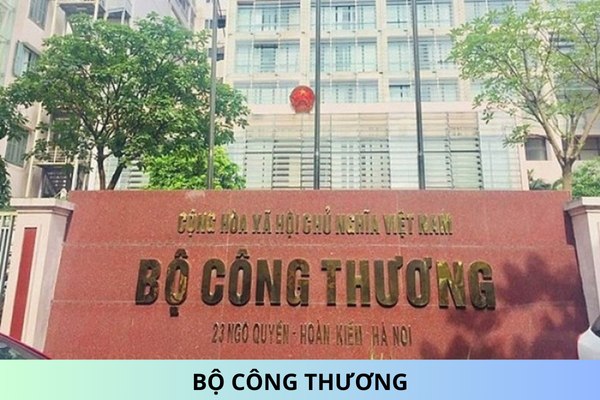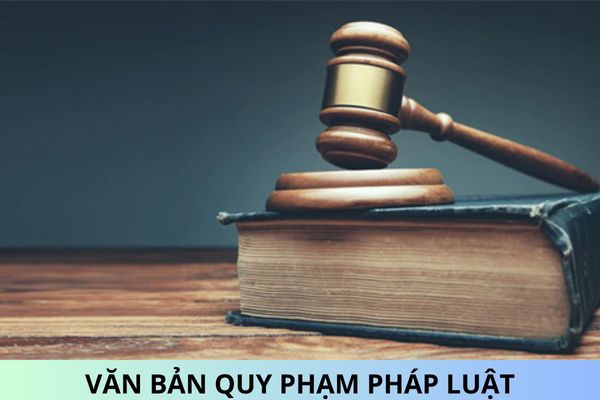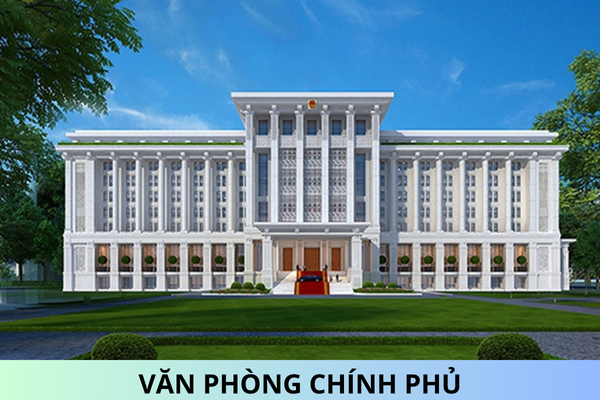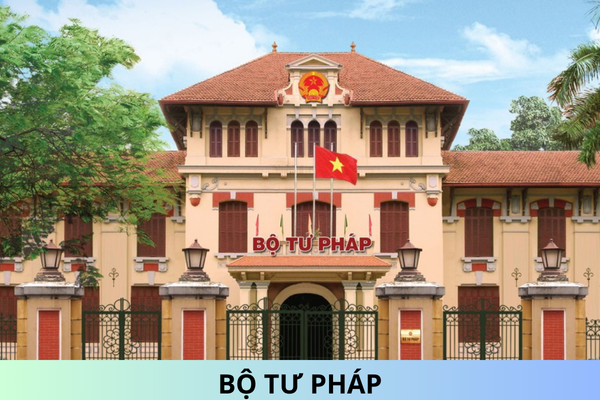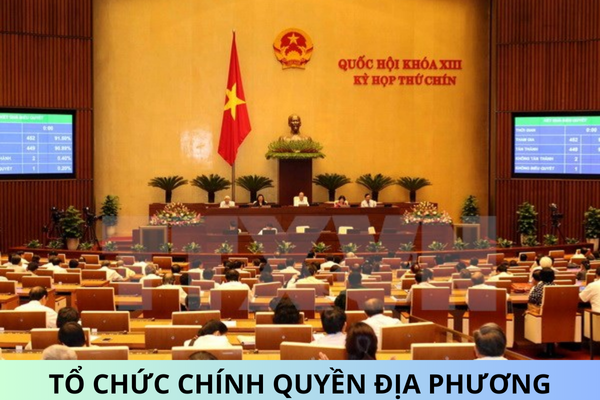Conducting a Meeting with the Whistleblower to Gather Information Related to the Accusation in the Police Force
The organization of working with the whistleblower to collect information related to the denunciation in the police force is stipulated in Article 15 of Circular 129/2020/TT-BCA. To be specific:
- The verification team sends an invitation letter or other forms of contact, selects a convenient location to work directly with the whistleblower; requests the whistleblower to provide information, documents, and evidence that the whistleblower has to clarify the content of the denunciation. The whistleblower is responsible for truthfully presenting the content of the denunciation, cooperating, and providing the information and documents that they have.
- The process of working with the whistleblower must ensure the confidentiality of the meeting, preventing those who are not responsible from knowing about the location and content of the meeting (unless the whistleblower does not need to keep it confidential). The content of the meeting with the whistleblower must be documented in a report according to the prescribed form, signed by the whistleblower and the presiding officer; the report is made in at least two copies, one of which is given to the whistleblower (if the whistleblower requests it), and one is kept in the denunciation resolution file. If the whistleblower does not sign the meeting report, the presiding officer and other members of the verification team participating in the meeting will sign the report and clearly state the reason why the whistleblower did not sign.
- In cases where direct meetings with the whistleblower cannot be held due to objective reasons, the person resolving the denunciation, the person who issued the decision to establish the verification team, or the head of the verification team shall send a written request to the whistleblower to provide information, documents, and evidence to clarify the content of the denunciation.
Respectfully.


